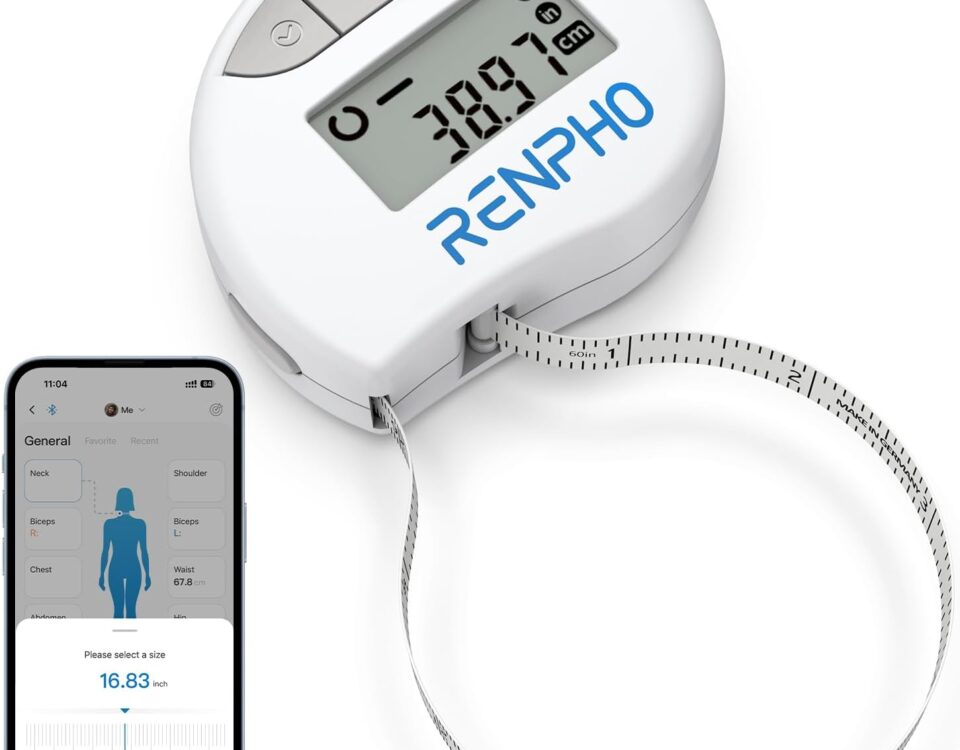
Google for Startups: Empowering Entrepreneurs with Growth Resources

The Ultimate Guide to Men’s Hairstyles: Find the Perfect Haircut
In today’s fast-paced world, achieving a state of balance and wellbeing is more important than ever. With the right strategies, you can enhance not only your physical health but also your mental and emotional wellbeing. In this comprehensive guide, we’ll dive deep into what it takes to nurture all aspects of your health — mind, body, and soul — to achieve lasting happiness and peace.
What Is Wellbeing?
Wellbeing is a holistic concept that refers to a person’s overall physical, mental, and emotional health. It’s more than just the absence of illness — it’s about thriving in all areas of life. When you achieve a state of wellbeing, you are mentally resilient, emotionally balanced, and physically energized.
Key Pillars of Wellbeing
To achieve true wellbeing, it’s important to focus on three key areas: mind, body, and soul.
Mental Wellbeing
Mental health is the foundation of overall wellbeing. Managing stress, practicing mindfulness, and staying connected with others are essential for a healthy mind.
Key Tips for Mental Wellbeing
- Mindfulness and Meditation: Practicing daily mindfulness exercises like meditation or breathing techniques can reduce anxiety and promote relaxation.
- Stress Management: Techniques such as deep breathing, time management, and delegating tasks are crucial for keeping stress levels in check.
- Therapy and Counseling: Seeking professional support through therapy or counseling can be a life-changing way to improve mental health.
Physical Wellbeing
Physical health contributes directly to your ability to live a fulfilling life. Incorporating regular exercise, a healthy diet, and adequate sleep is essential.
Key Tips for Physical Wellbeing
- Exercise: Regular physical activity, whether it’s yoga, running, or weightlifting, improves both physical and mental health.
- Nutrition: Eating a balanced diet rich in whole foods, lean proteins, healthy fats, and vegetables supports energy levels and bodily functions.
- Sleep: Prioritizing quality sleep is a crucial part of restoring your body and mind, improving memory, and maintaining overall health.
Emotional Wellbeing
Your emotional health is deeply intertwined with your overall sense of wellbeing. It involves understanding and managing your emotions, developing resilience, and cultivating positive relationships.
Key Tips for Emotional Wellbeing
- Building Resilience: Learning how to adapt to life’s challenges and bounce back from setbacks can strengthen your emotional health.
- Positive Relationships: Surround yourself with supportive, positive people who encourage personal growth.
- Journaling: Writing about your feelings regularly helps you gain clarity and work through emotional challenges.
Building a Sustainable Wellness Routine
A consistent routine is essential for maintaining your wellbeing long-term. By incorporating small, manageable habits into your day, you can build a wellness routine that supports your physical, mental, and emotional health.
Morning Rituals for Wellbeing
- Hydration: Drink a glass of water upon waking to kickstart your metabolism.
- Gratitude Practice: Write down three things you are grateful for each morning to cultivate a positive mindset.
- Stretching or Yoga: A quick 10-minute stretching or yoga session can wake up your body and reduce morning stiffness.
Mindful Eating for Nutrition
Mindful eating focuses on being present during meals, savoring the food, and listening to your body’s hunger and fullness cues. This practice can improve digestion, help with weight management, and reduce emotional eating.
- Slow Down: Take your time to chew thoroughly and savor each bite.
- Listen to Your Body: Eat when you’re hungry, and stop when you’re full.
- Choose Whole Foods: Opt for whole, unprocessed foods for the most nutritional benefit.
Exercise as a Lifestyle
Instead of viewing exercise as a chore, think of it as a natural part of your lifestyle. Find activities you genuinely enjoy, whether it’s hiking, dancing, or swimming, to make exercise more sustainable.
Achieving Work-Life Balance
In today’s modern world, achieving a work-life balance is essential for maintaining wellbeing. Without proper boundaries, work stress can seep into your personal life, causing burnout and a decrease in both productivity and happiness.
Setting Boundaries
Establish clear boundaries between your work and personal life. This can be done by setting a specific time to stop working each day and by making sure you take regular breaks throughout the day.
Time Management Techniques
Learning to manage your time efficiently can reduce stress and help you focus on what matters most. Techniques like the Pomodoro method or time blocking can help increase productivity and ensure that you get the most out of your workday without feeling overwhelmed.
Prioritizing Self-Care
Self-care is not just about pampering yourself; it’s about doing things that recharge you emotionally, mentally, and physically. Whether it’s taking a long walk, reading, or practicing a hobby, make time for activities that bring you joy.
Conclusion
Achieving optimal wellbeing is about more than just focusing on one aspect of health. It’s about creating a balance between your mental, physical, and emotional states. By incorporating the strategies outlined in this guide, you can develop a personalized approach to your wellness journey and enjoy a life of vitality, peace, and happiness.




